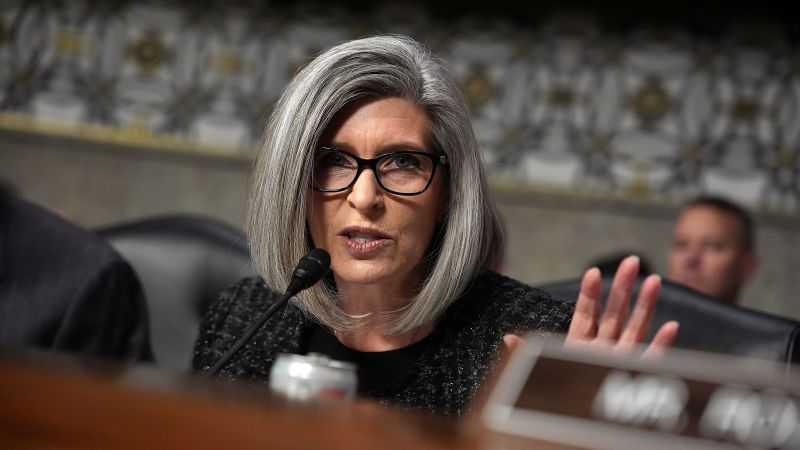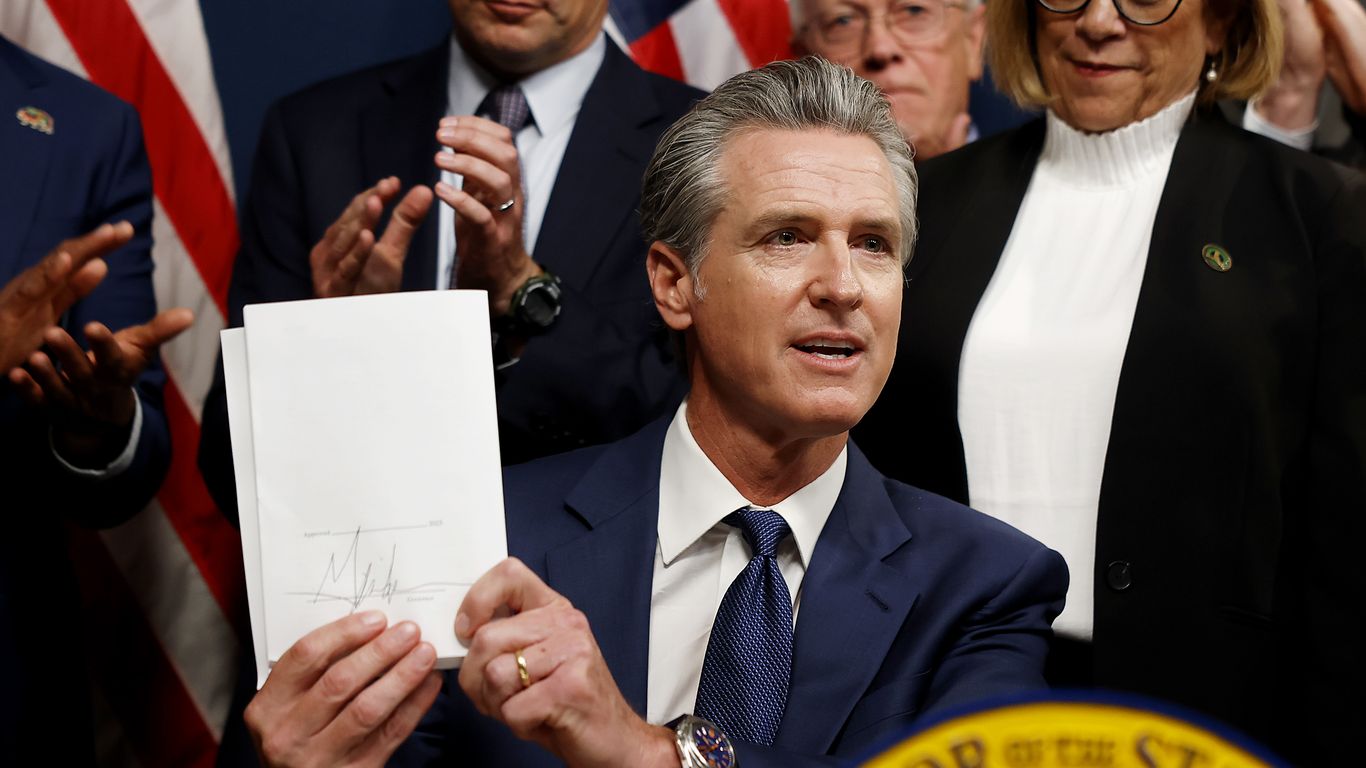Schumer and Jeffries Demand Meeting with Trump over Potential Government Shutdown

Introduction
Senate Minority Leader Chuck Schumer and Representative Hakeem Jeffries are demanding a meeting with President Trump before the potential government shutdown on September 30. This is in response to the ongoing showdown between Democrats and Republicans over the budget and funding for Trump's proposed border wall. If a resolution is not reached, it will be the third government shutdown since Trump took office.
Key Details
The current budget battle is centered on Trump's request for $5 billion to fund the construction of the border wall. Democrats have rejected this request, arguing that the wall is an unnecessary and ineffective solution to the issue of illegal immigration. They have proposed alternative solutions, such as increased border security measures and comprehensive immigration reform. The potential shutdown would affect various government agencies and services, including national parks, IRS operations, and federal employee paychecks.
Impact
If a shutdown occurs, it would have far-reaching consequences for both the government and the American people. Essential services would be disrupted, and federal employees would be furloughed or expected to work without pay. This would also have a negative impact on the economy as a whole. In addition, the political fallout from a shutdown could further damage the already tense relationship between the Trump administration and Congress. It is crucial for both sides to come to a resolution and prevent a shutdown to avoid these potential consequences.
About the People Mentioned
Donald Trump
Donald John Trump, born June 14, 1946, in Queens, New York, is an American businessman, media personality, and politician. He graduated from the University of Pennsylvania’s Wharton School in 1968 with a degree in economics. In 1971, he took over his family’s real estate business, renaming it the Trump Organization, through which he expanded into building and managing skyscrapers, hotels, casinos, and golf courses. Trump gained widespread fame as the host of the reality TV show *The Apprentice* from 2004 to 2015, which helped establish his public persona as a successful entrepreneur. Trump entered politics as a Republican and was elected the 45th president of the United States, serving from 2017 to 2021. His presidency was marked by significant policy actions including tax cuts, deregulation, the appointment of three Supreme Court justices, renegotiation of trade agreements (notably replacing NAFTA with the USMCA), and a focus on immigration control including border wall expansion. He withdrew the U.S. from international agreements such as the Paris Climate Accord and the Iran nuclear deal, and engaged in a trade war with China. His administration’s response to the COVID-19 pandemic was criticized for downplaying the virus’s severity. Trump was impeached twice by the House of Representatives—first in 2019 for abuse of power and obstruction, and again in 2021 for incitement of insurrection—but was acquitted by the Senate both times. After losing the 2020 election to Joe Biden, Trump challenged the results, culminating in the January 6, 2021, Capitol riot. He remains a central figure in American politics, having won the 2024 presidential election and returned as the 47th president in 2025, continuing to promote policies aimed at economic growth, border security, and military strength[1][2][3][4].
About the Organizations Mentioned
Senate Minority Leader
The **Senate Minority Leader** is the elected head and principal spokesperson for the political party holding the second-largest number of seats in the U.S. Senate or state senates. This leadership position plays a critical role in shaping and advocating the minority party’s legislative agenda, coordinating strategy, and negotiating with the majority party to influence laws and policies. The Minority Leader is elected by their party caucus at the start of each legislative session and serves as the chief strategist and negotiator for their party[1][2][3]. Historically, the role of the Senate Minority Leader has evolved as a vital counterbalance in the Senate’s power dynamics, especially in closely divided chambers where bipartisan cooperation or opposition can determine legislative outcomes. The Minority Leader not only leads floor debates but also works collaboratively with the Majority Leader to manage Senate business, including timing of debates and unanimous consent agreements[1][8]. Key responsibilities include developing the minority party’s policy positions, leading debates, appointing members to committees (often in consultation with majority leaders), and representing the party’s interests publicly. The Minority Leader also plays a statutory role in filling commission positions and shaping the party’s messaging and legislative priorities[3][4][5]. Currently, the position remains pivotal in both federal and state legislatures. For instance, in the Ohio Senate, Minority Leader Nickie J. Antonio leads the Democratic caucus by directing legislative strategies and coordinating floor activities, supported by roles such as the Minority Whip and Assistant Minority Leader[6][7]. Notable aspects of the Senate Minority Leader include their influence in bipartisan negotiations, ability to unify party members, and their leadership during critical legislative battles. The position embodies the organized voice of the minority party, ensuring their perspectives shape governance even without majority control, making it a cornerstone of democratic legislative processes.
Representative
The term "Representative" broadly refers to an individual or entity authorized to act on behalf of others, but in a business and organizational context, it commonly denotes a person or office that serves as an official delegate or agent for a company, group, or constituency. **In the U.S. government context**, a Representative is an elected member of the House of Representatives, one of Congress's two chambers responsible for making and passing federal laws. Each Representative serves a specific congressional district for a two-year term and engages in introducing bills, voting on legislation, and serving on committees. The House has 435 voting members apportioned by population across states, plus delegates from territories and a resident commissioner from Puerto Rico who generally have limited voting rights. Representatives must meet age, citizenship, and residency requirements outlined in the Constitution[1]. **In business and legal contexts**, a Representative is someone authorized to act on behalf of a company or individual in negotiations, contract management, or other official matters. This role is critical for delegating responsibilities, ensuring effective communication, and preventing unauthorized actions. Representatives may be employees, agents, or third-party professionals such as legal consultants. Contracts often specify representatives to clarify authority and accountability, facilitating smooth business operations[4]. **Representative offices** are a specific organizational form used by companies to establish a presence in foreign markets primarily for marketing, liaison, and research activities rather than direct sales. These offices do not engage in transactional business but support the parent company by conducting market research, quality control, and building local relationships. They are common in emerging economies where regulatory or tax considerations make full subsidiaries or branches less practical. Representative offices often cannot invoice locally and are limited in scope but provide strategic advantages for international expansion[6][8]. **Association representation** involves individuals or entities acting on behalf of collective groups like unions or trade organizations to advocate their interests in negotiations, legal matters, or policy discussions. This ensures that members' voices are unified and effectively presented, especially in complex lega
Democrats
The **Democratic Party** is one of the two major political parties in the United States, widely recognized as a liberal and progressive organization that advocates for social and economic equality, civil rights, environmental protection, and worker rights. It generally supports stronger government intervention in the economy and social welfare programs such as Medicaid and food aid, funded through progressive taxation[1][3]. Founded in 1848 with the creation of the Democratic National Committee (DNC), it is the oldest continuing political party and party committee in the U.S.[2]. The **Democratic National Committee (DNC)** is the central governing body, overseeing campaign activities, party organization, and the Democratic National Convention. It coordinates efforts across all 57 states and territories, supporting local and state party organizations to elect Democrats at every level of government[1][2]. The current DNC chair as of 2025 is Ken Martin[1][2]. Historically, the party has undergone significant transformations, evolving from its roots as the Jacksonian Party to its current identity emphasizing progressive policies and social justice[3]. The party is known for using the color blue as its symbol since the 2000 presidential election[3]. It has pioneered civil rights legislation and expanded social safety nets, shaping much of modern American social policy. In recent years, the Democratic Party has focused on renewal efforts to address changing public expectations and declining support among certain voter groups. This involves reevaluating policies and strategies to build a sustainable majority amid rapid social and technological change[4]. It also actively fights to protect democratic institutions and voting rights, coordinating a broad coalition of organizations to defend against anti-democratic threats[6]. Currently, the party continues to mobilize grassroots voters and organize campaigns across all levels, aiming to secure electoral victories and promote a fairer, more equal future for Americans—efforts often highlighted in business and technology news for their impact on policy and governance[5].
Republicans
The **Republican Party** is a major political organization in the United States, founded in 1854 in Jackson, Michigan, primarily by anti-slavery activists opposing the expansion of slavery into new U.S. territories[1][2]. Its origins lie in the political turmoil following the Kansas-Nebraska Act, which ignited sectional conflicts. The party emerged from a coalition of former Whigs, Free Soil Democrats, and abolitionists united by the ideology of "Free Soil, Free Labor, Free Men," advocating against slavery, supporting free market labor, and promoting modern economic development including railroads, banking, and high tariffs[4][6]. Key early achievements include the nomination and election of Abraham Lincoln as the first Republican president in 1860, whose leadership during the Civil War was pivotal in preserving the Union and abolishing slavery. Lincoln’s Emancipation Proclamation and the party’s role in passing the 13th, 14th, and 15th Amendments were landmark contributions to civil rights and the redefinition of American freedom[2][5][6]. The party dominated national politics from the Civil War era until the Great Depression, during which it was the principal advocate for industrial and business interests, protective tariffs, and national banking[2][5]. Throughout its history, the Republican Party has undergone ideological shifts but has consistently emphasized economic modernization and conservative fiscal policies, aligning with business and technological advancement. The early 20th century saw figures like Theodore Roosevelt promote progressive reforms, while later eras emphasized free enterprise and innovation to drive growth[2][4]. Currently, the Republican Party remains a central force in American politics, influencing policies related to business, technology, and governance. Its historical legacy as the party of Lincoln and abolition continues to be a defining aspect, shaping its identity and appeal, especially in debates over civil rights, economic policy, and national unity[5][6]. The party’s evolution reflects ongoing tensions between tradition and modernization within the U.S. political landscap

















